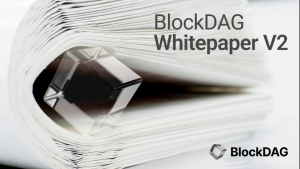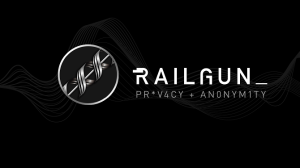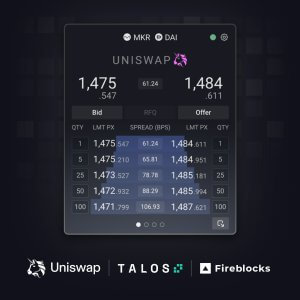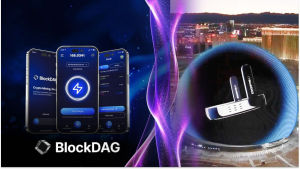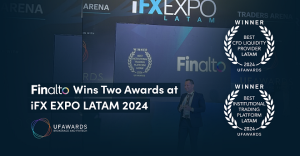An Expert Review: The intricacies of multi-server technology in retail trading
The popularity of “multi-server” solutions is a trend consistent in the fintech industry. Brokeree Solutions’ Anton Sokolov reviews modern technologies.

Multiple servers are one of the most efficient ways to manage large clientele. For instance, brokers may group traders based on various characteristics: location, regulation, trading conditions, etc. Traders can be registered on a server configured for a specific region to meet the regulatory requirements of local authorities. The division into different servers also makes the job of platform managers easier and safer as settings updated by one manager does not affect the performance on other servers. Thus, the implementation of multiple servers has a dual nature: it complicates the ecosystem in general but simplifies the configuration and maintenance of each server individually. The more efficient technical infrastructure, the fewer risks brokers will face during the operations.
The growing complexity of brokerages’ internal environment may be elaborately illustrated with a popular trading software – MetaTrader, which has two active versions that significantly differ in their framework. Originally, MetaTrader 4 was created for forex brokers, while its successor, MetaTrader 5, is designed for multi-asset trading. This major difference causes severe discrepancies in platforms’ configurations and maintenance, making it difficult to manage both simultaneously. This inconvenience, complemented with the increasing number of servers, resulted in the demand for specific features in third-party solutions to make multiple server management easier.
For products designed for MetaTrader, the term “multi-server” usually implies connectivity to several MT4 or MT5 in different combinations, like MT4 & MT5, MT4 & MT4, etc. This way, brokers may fine-tune settings and monitor the performance of all platforms in one place.
For example, one of the processes where multi-server solutions are now widespread is liquidity management. Some years ago, brokers used gateways for MetaTrader 5 and bridges for MetaTrader 4. However, being intermediaries between a trading platform and a liquidity provider, bridges quickly developed and got the ability to operate with multiple platforms in parallel. It allows brokers to monitor exposure, have extended reports, and control various execution parameters such as slippages and markups on all connected entities. This functionality may be even more crucial in cases where a brokerage uses a hybrid execution model.
Another major area of multi-server technology application is back-office solutions, i.e., CRMs. In such solutions, brokers like to configure and control trading processes for all their brands and servers from one desk. Such solutions let traders connect all their accounts to one client’s room and swiftly switch between platforms.
There are several similar terms we should distinguish while talking about multiple server technologies:
- Multi-server solutions may connect several servers of similar platforms like MetaTrader 4 and 5. This technology implies convenient access to data and setting of all connected servers but doesn’t necessarily provide any interaction between them.
- Multi-platform technologies can connect different trading platforms like cTrader, NinjaTrader, etc.
- Cross-server products may connect to multiple servers and perform some operations between them. Resembling features can be found in some solutions. For instance, Brokeree’s PAMM, allows traders from different MT4 and MT5 to invest in each other’s accounts. It’s important to note that various cross-server investment networks are not directly related to the cross-server solutions as they use different technology.
The development of multi-server technology was a consistent reaction to the growing complexity of trading platforms infrastructure. However, being designed to make server management easier, this process became the first step in developing a new generation of technologies, cross-server. Of course, wide implementation of the technology may lead to significant changes in the trading industry.
The development of cross-server functionality could be the next step in the evolution of investment systems. Nowadays, there is a limited number of turnkey cross-server solutions, like PAMM by Brokeree Solutions. The solution operates with aggregated accounts, transferring traders’ funds between servers. Such implementation allows developers to avoid challenges that occur in cross-server technology with real time-trading, i.e., copy trading.
Brokeree Solutions is a leading technology company specializing in turnkey solutions development, trading platform servicing, and consultation for retail brokers running MetaTrader 4 and 5. The company’s portfolio provides clients with flagship solutions like PAMM and Social Trading.

